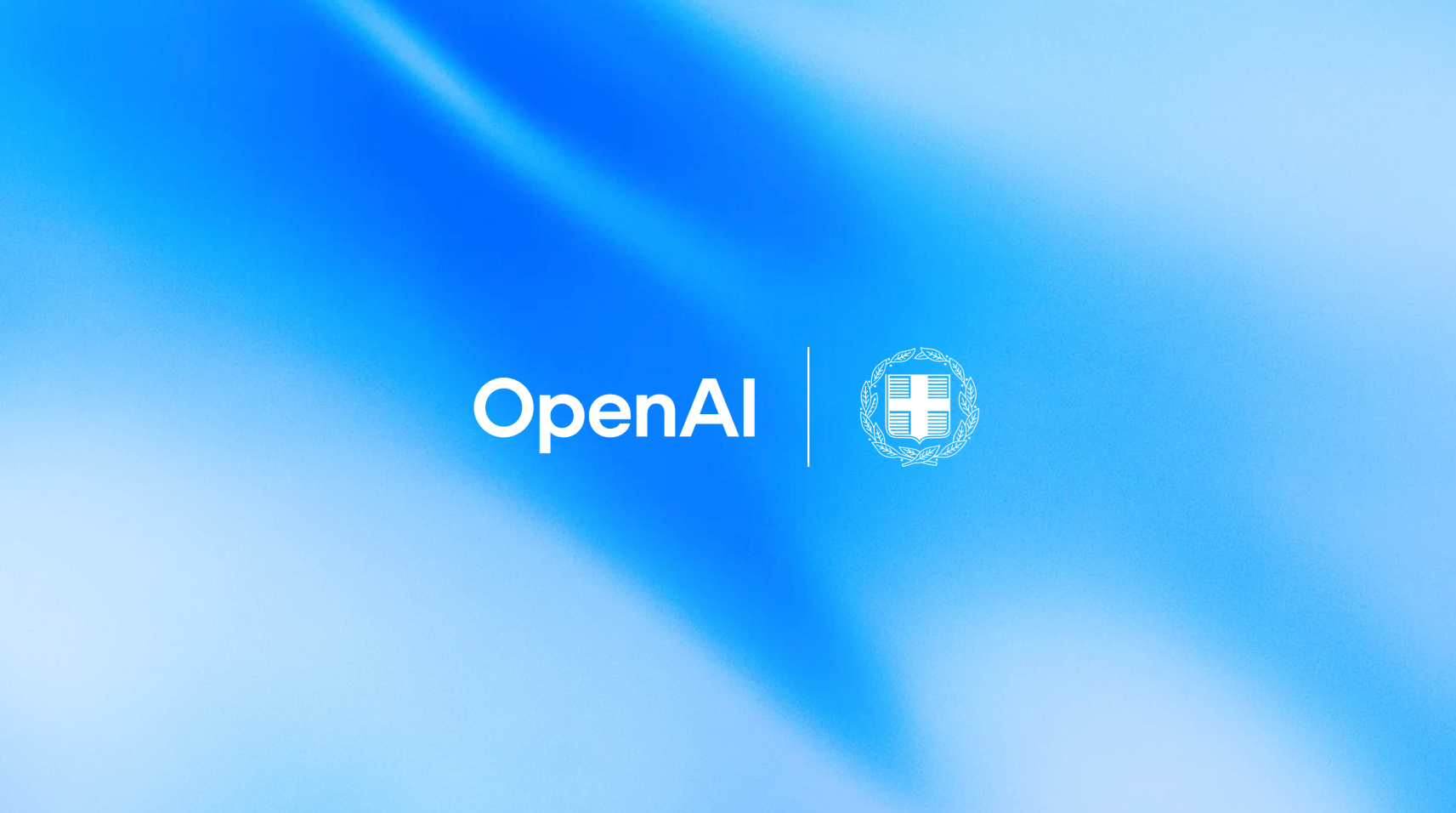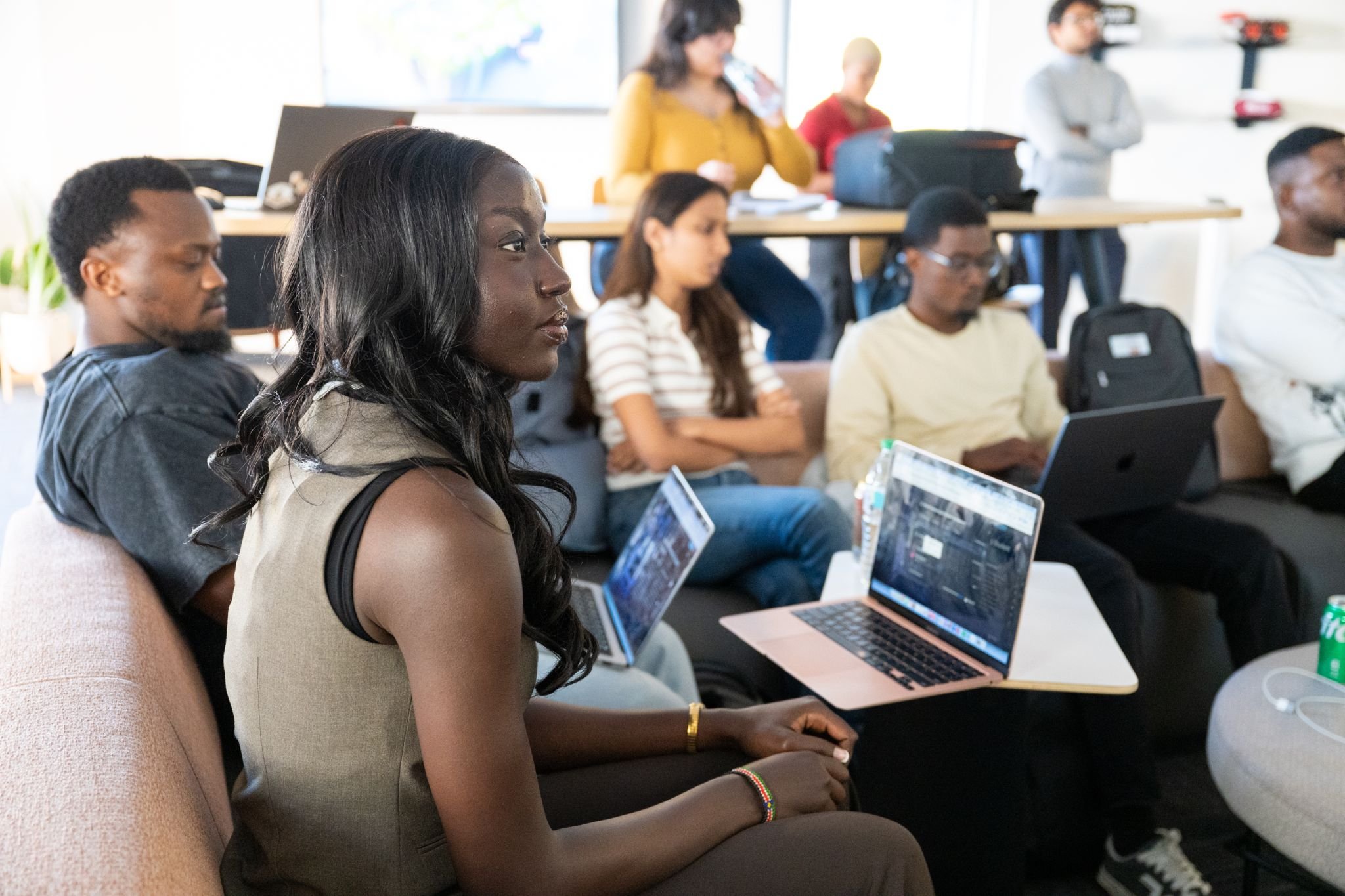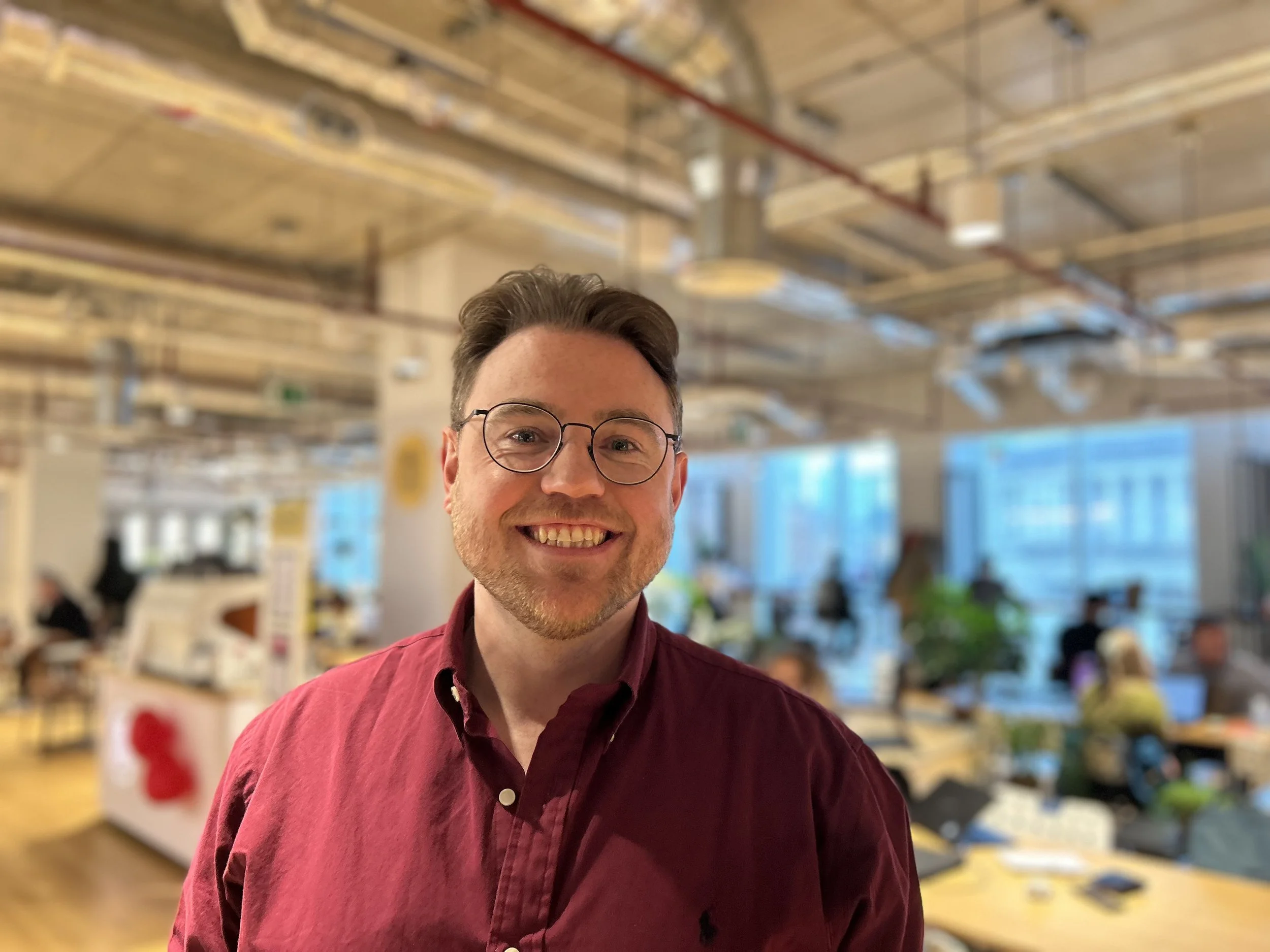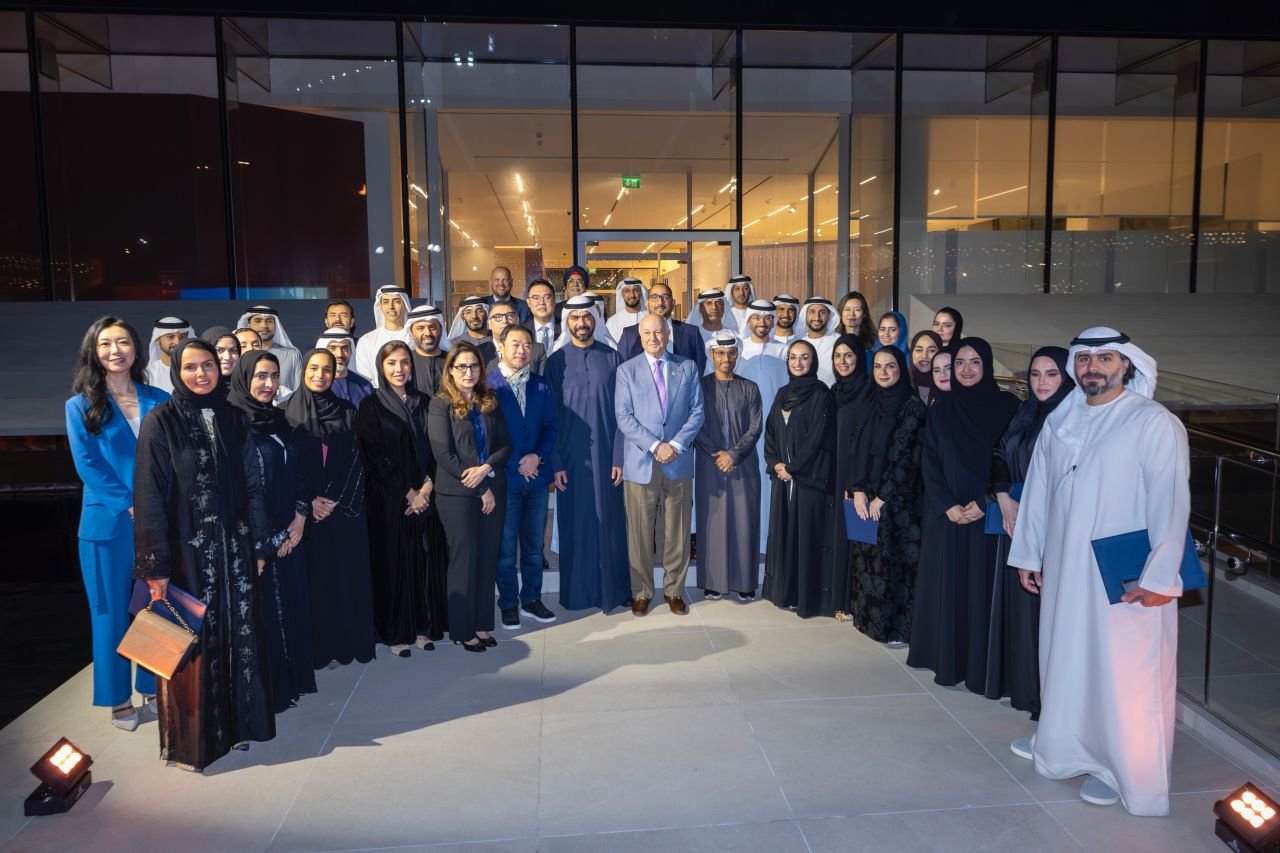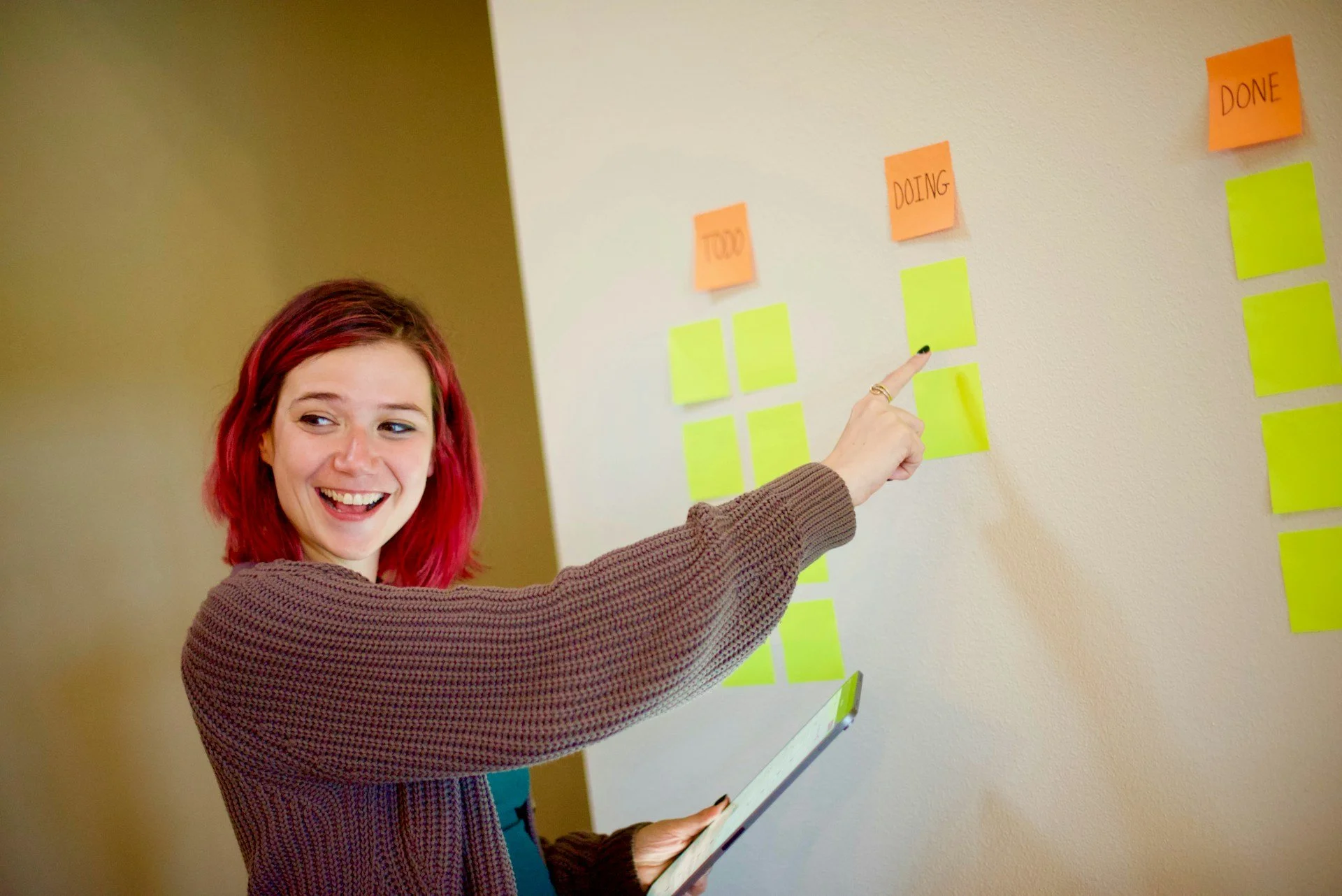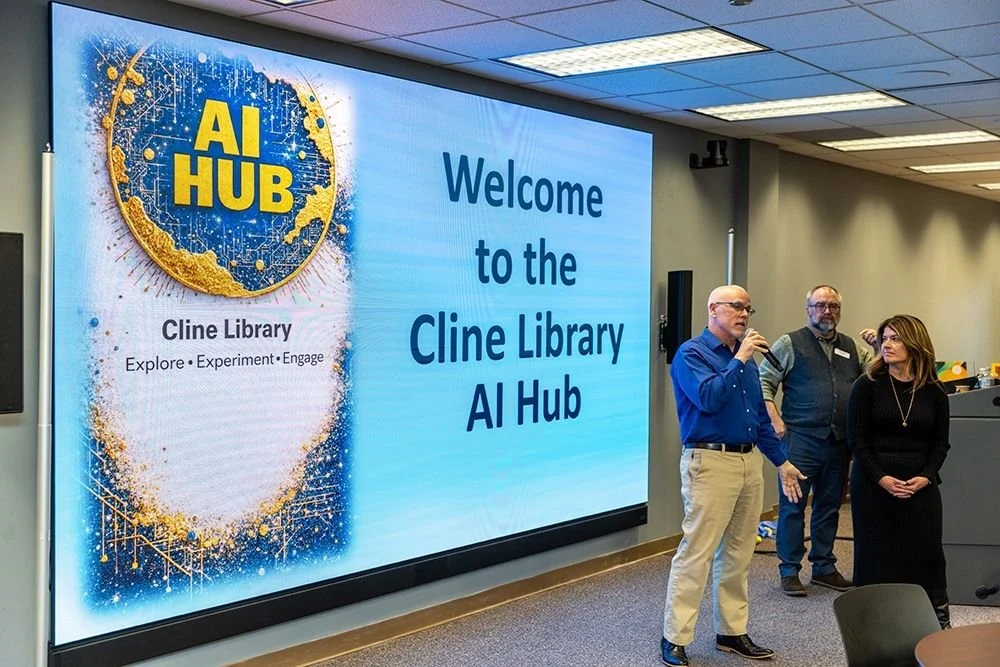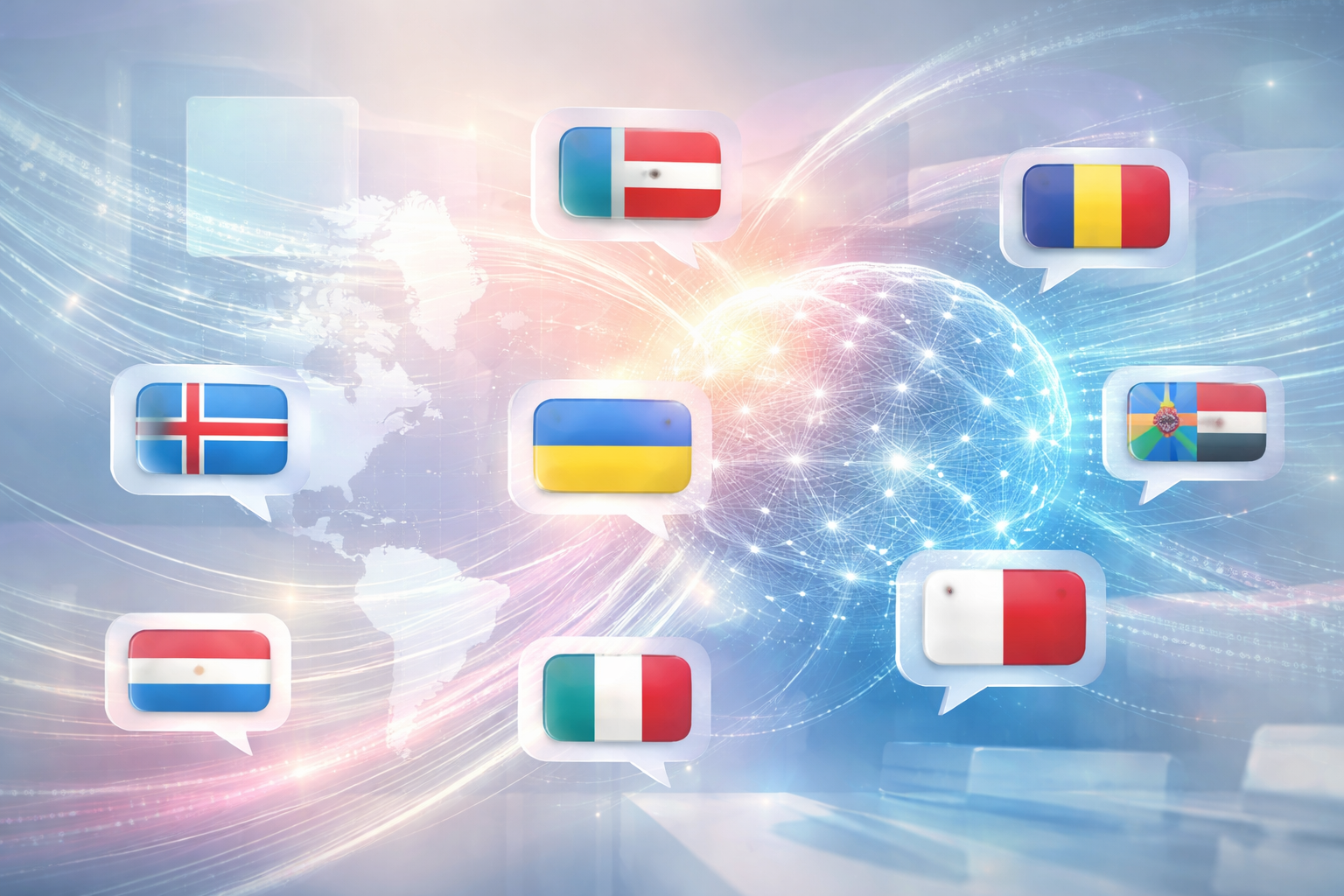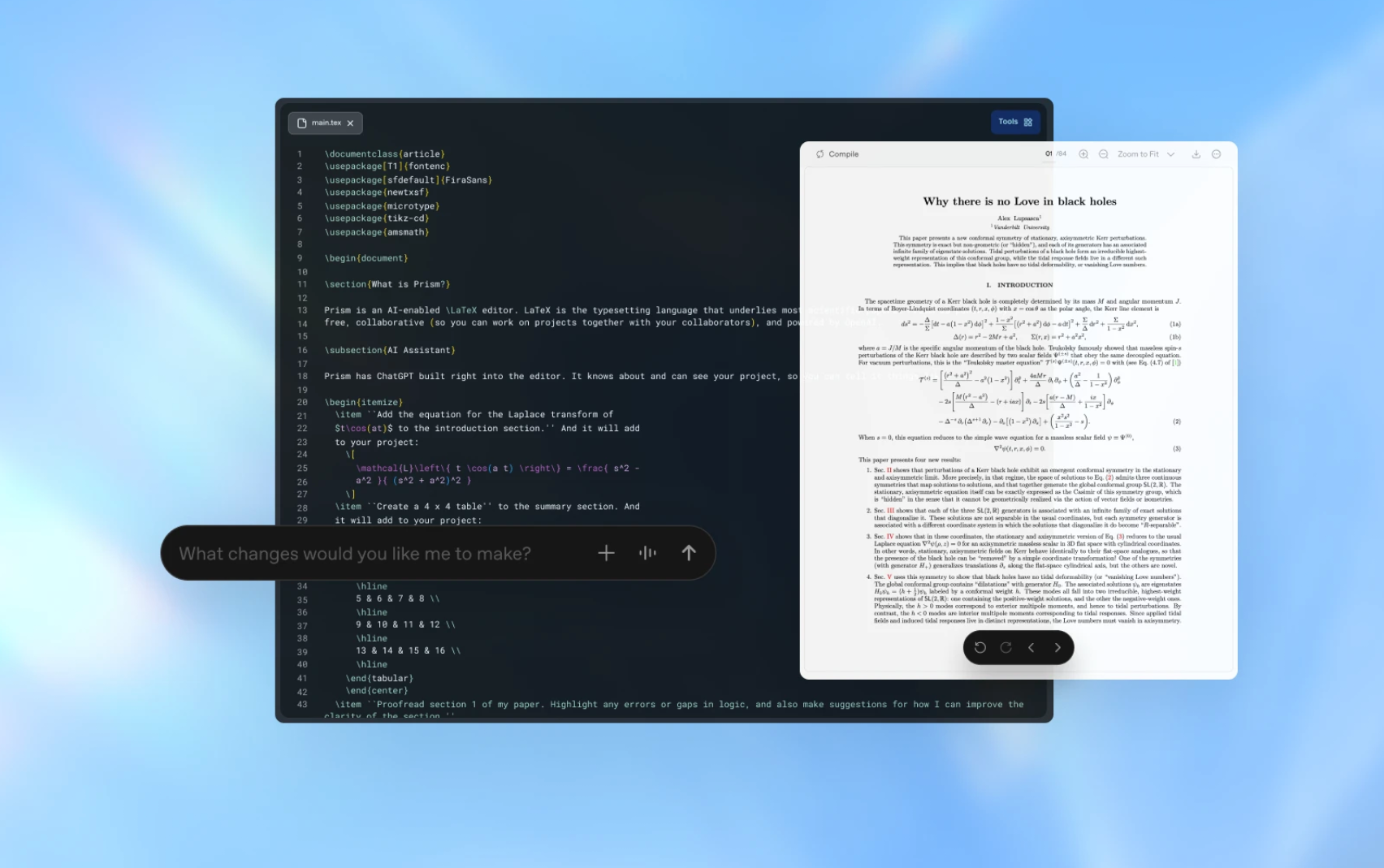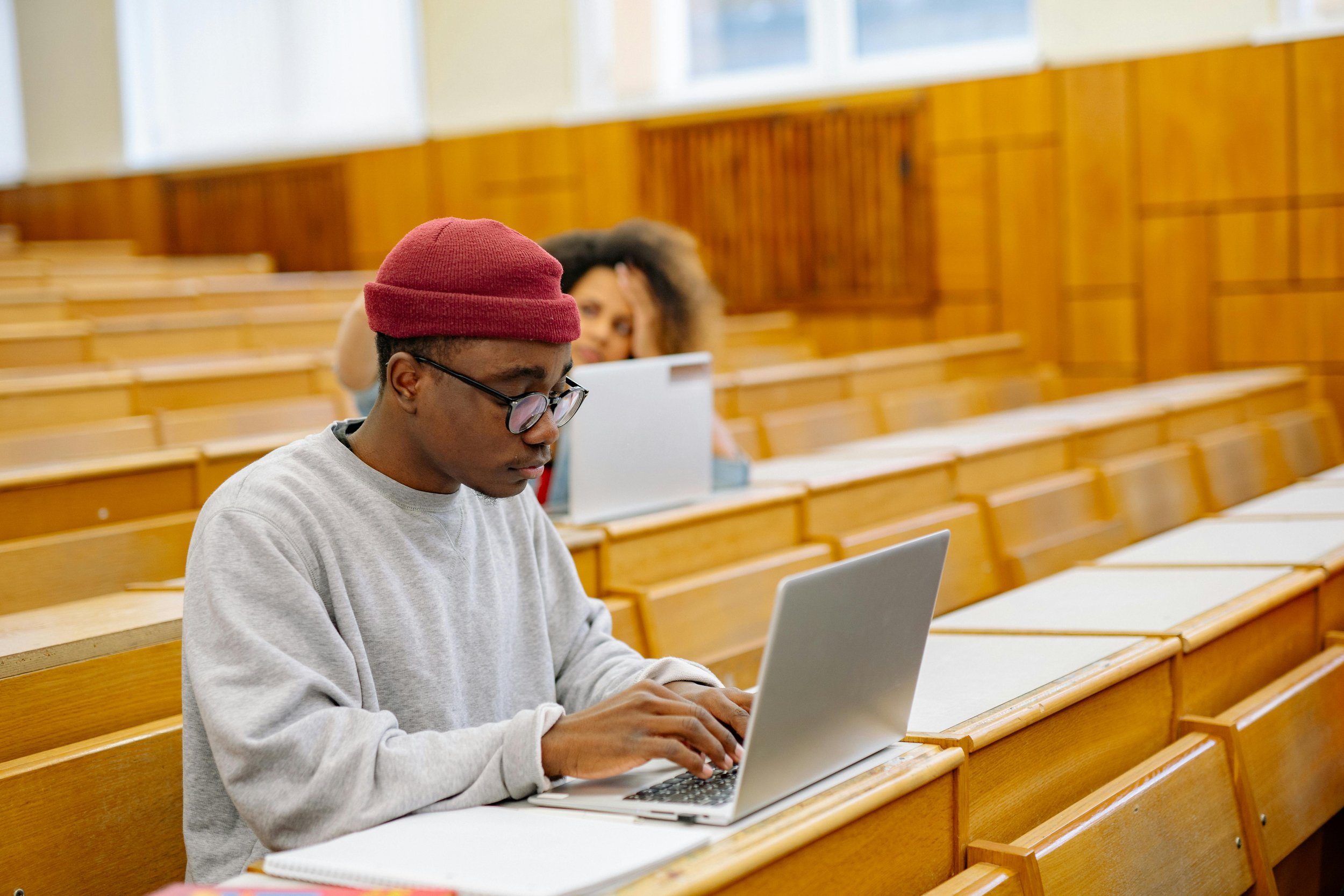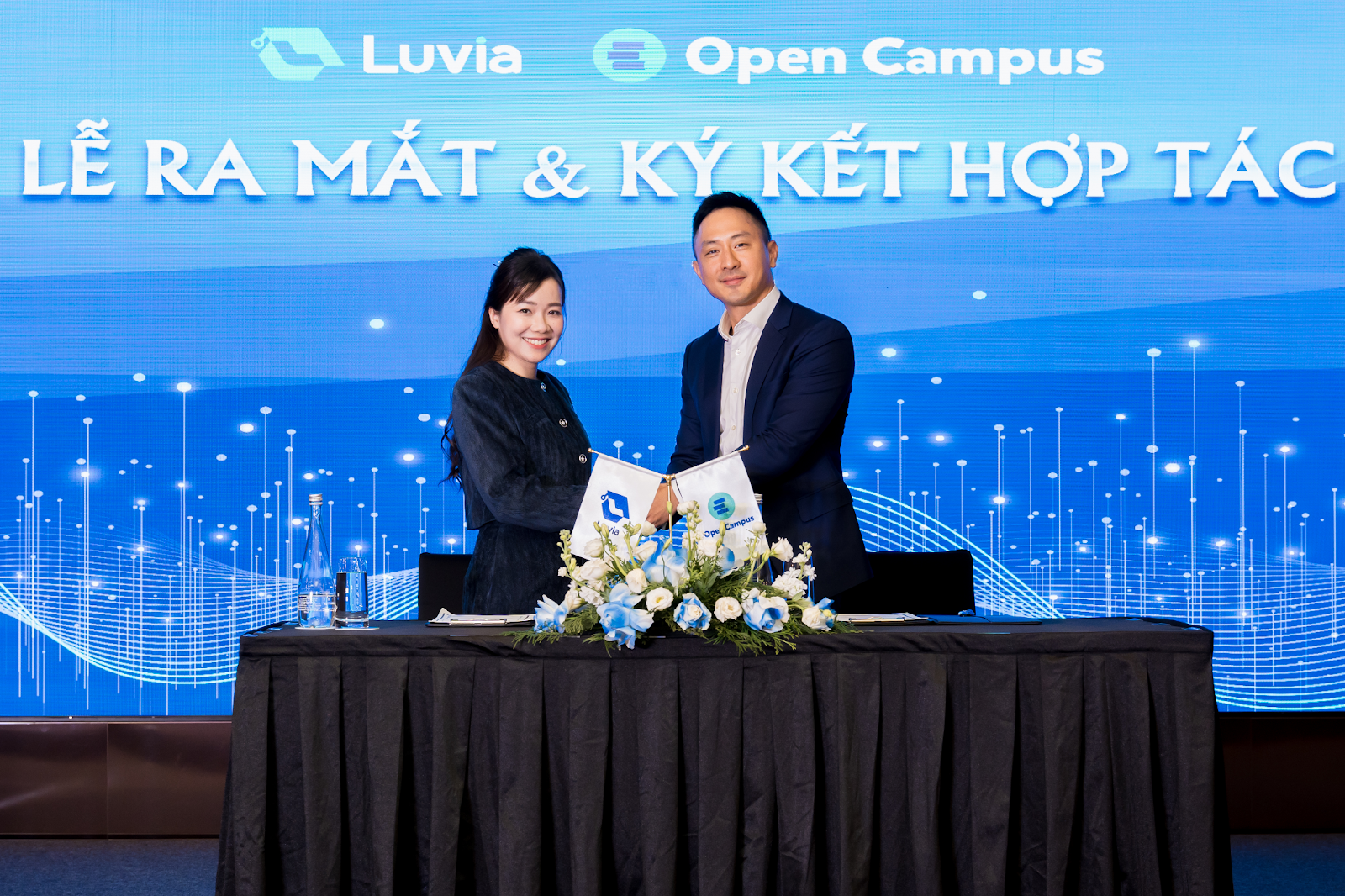University of Westminster students mentor learners at the Westminster Adult Education Service’s digital program
The University of Westminster has shared that students from its School of Computer Science and Engineering have been working with learners at the Westminster Adult Education Service (WAES) to take part in the Adult Education Digital program.

The scheme aims to bridge the gap between education and real-world experience and career development in the tech industry.
Adult learners were paired with student mentors involved in the technology and digital sectors. Participants were given valuable exposure to current web development practices, AI-enhanced developer tools and practical strategies for personal growth.
Mentors shared presentations detailing their own digital projects and offered learners insights into real-world applications for web technologies.
Simay Sali Sevik, Development Manager at the University of Westminster, says: “Seeing our students mentor mature learners as part of our outreach activities was a powerful reversal of roles. These exchanges not only built confidence but also fostered meaningful connections across our communities.”
Vishesh Mahajan, Cyber Security and Forensics BSc Honours student, adds: “I genuinely enjoyed chatting with people and getting to know them. Many had such rich experiences and were now exploring new directions in their careers, which made the conversations really inspiring. Everyone was so open and easy to talk to, which made the whole experience even better.
“ I loved being able to talk about the projects we’re doing in our modules, but what really stood out to me was hearing about some of the amazing work others have done. It was a great mix of learning and sharing fresh ideas. I walked away feeling really motivated.”
Earlier this year, the University of Westminster hosted two Digital Schoolhouse events designed to connect students, teachers, and industry leaders through computing and game-based learning. Held across two campuses, the Playful Computing Conference and Festival of Play focused on play-based approaches to STEM education, artificial intelligence, and digital creativity.

